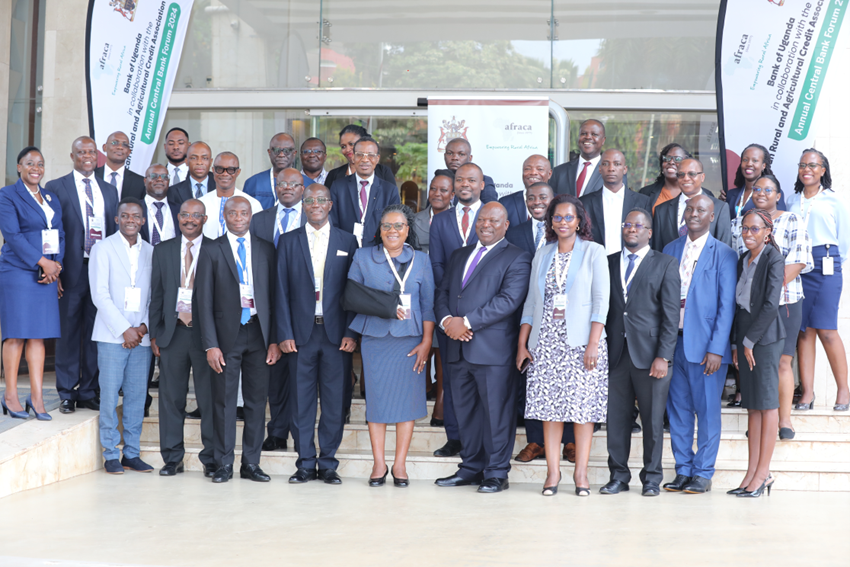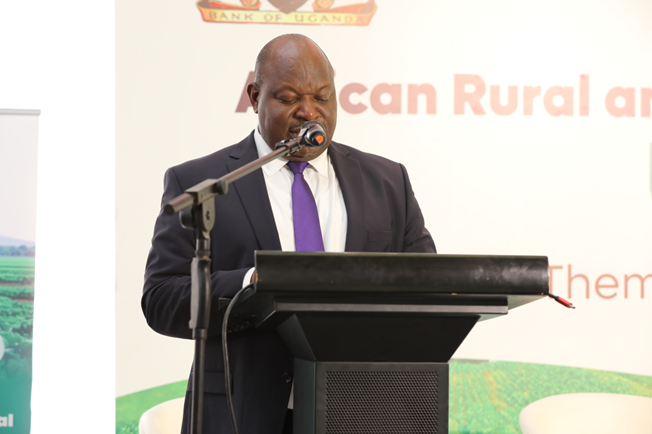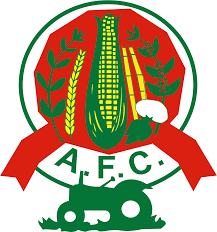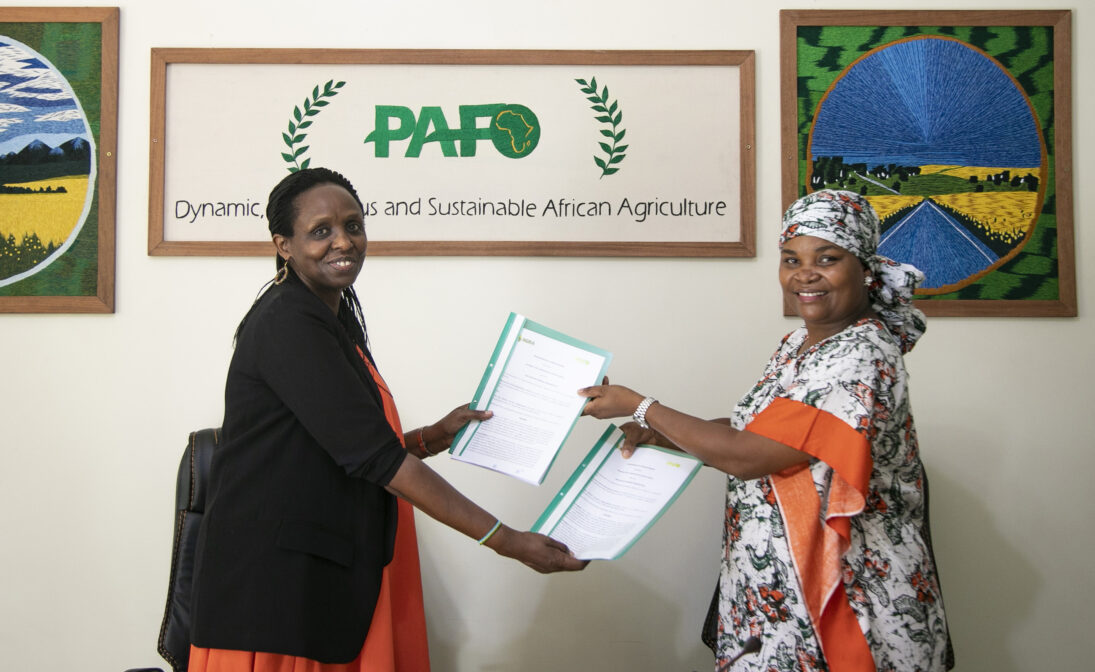

The 2024 AFRACA Central Bank Forum was held on the 5th through Thursday 8th August 2024 in Kampala, Uganda in collaboration with Bank of Uganda. The Forum convened under the general theme of Agricultural policies and financial inclusion deliberated on matters of policy concern across the continent which impact the core mandate of AFRACA which is to promote rural and agricultural finance development in member countries and beyond. As regulators with substantial policy, leadership and advocacy clout, and as evidenced in previous peer engagements, the central bank forum provides a unique opportunity for members to have a safe space to share their experiences, build consensus and coordinate their priorities for advocating for policy changes and negotiate their enormous instruments and tools to achieve developmental objectives within acceptable risk management frameworks.
The theme focused on key policy variables typically deployed to influence investments in support of rural and agricultural development. These comprised essentially monetary policy variables, and to a lesser extent those emanating often from the fiscal side. They include capital adequacy requirements, loan classification and provisioning guidelines, financial reporting standards, collateral requirements among other key variables.
Technical presentations were delivered by specialist representatives from AFRACA Central Bank institutions which formed the bases for insightful conversations focused on developing solutions to inform policy advocacy and reform across the continent for the benefit of the rural and agricultural clients. The discussions that followed provided more clarity and guidance on measures which empower financial institutions to become even stronger partners in the implementation of these policies.
The following table below captures some of the consensus positions of the forum:
Key Messages and Call to Action:
- Need for developing and tracking reliable data to provide evidence-based recommendations to support policy reforms:
The platform provided by AFRACA to contribute to rural and agricultural finance has been commendable. However, to provide a trackable and measurable basis to tell the network’s story related to rural and Agri finance policy, it has become imperative to collect and track performance metrics over time to inform and sharpen the effectiveness of policy innovations.
2. Institutionalized credit guarantee schemes provide credible options for expanding rural and agricultural Credit:
DFIs and Agricultural Risk Sharing and Incentive Schemes such as GIRSAL in Ghana, provide credible options for mitigating credit risk to advance agricultural finance. There was consensus among participants that a study tour should be organized in the coming year to advance learnings on working risk sharing schemes.
3. Regulatory Sandboxes and similar innovations provide modern and technology-based pathways to enhance the flow of finance and payment services to the bottom of the pyramid, including Rural and Agricultural Finance:
Regulatory sandboxes, which are essentially real life regulated experiments to test innovative ideas to solve real life challenges, often with the support of financial technology or FinTech partners, is proving to be an viable way to introduce creative and cost effective products and services to reach the underserved and unbanked populations which include rural and agricultural sector clients.
4. Strengthening learnings and building capacity of professionals and Agri lenders remains a credible pathway to rural development:
There is recognition that the dearth of expertise in potential areas of development finance has been an obstacle to rural development. Areas such as agricultural finance and value chain finance and emerging green finance opportunities were recognized requiring further boosting of staff skills development through the deployment of fit-for-purpose agricultural finance products that recognize the peculiarities of their underlying transactions. Indeed, improving the financial literacy and promoting the appreciation of bank clients was also recognized as both a risk mitigation measure and as a business development approach to enhancing the quality of the financing pipeline for banks.
5. Macroeconomic stability is key to the promotion of rural and agricultural Finance:
Price instability affects the cost of doing business in any economy and the less resilient sectors, such as agriculture, tends to suffer as a result. The discussions on interest rates, which reflect price levels in an economy, recognized that rising trends across the continent in recent years have negatively impacted the agricultural finance trends and stifled growth. Measures such as interest rate caps and interest rate subsidies have been neither effective nor sustainable. Hence, priority should be given by governments to address macroeconomic instability as a critical step to promote successful economic activities in their respective economies, not least, in the rural and agricultural sectors.
Call to Action:
Speaking on behalf of the Bank of Uganda, Mr. Richard Byarugaba, Executive Director Finance, Bank of Uganda emphasized on the primary role of Central banks which is to provide an enabling environment for the private sector to function efficiently and take advantage of the opportunities therein. The public sector must also be proactive in de-risking the agriculture sector by incentivising the private sector institutions to finance agriculture value chains with minimal risks. Mr Thomas Essel, the Secretary General of AFRACA on his part, underscored “the vital role of financial institutions in promoting sustainable rural development and crafting innovative financial solutions for Africa’s agricultural sector.”




